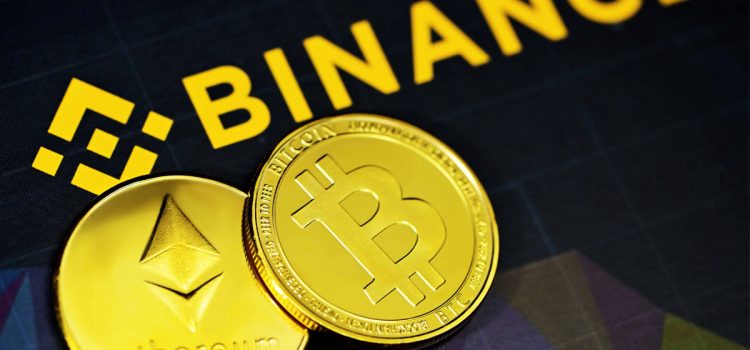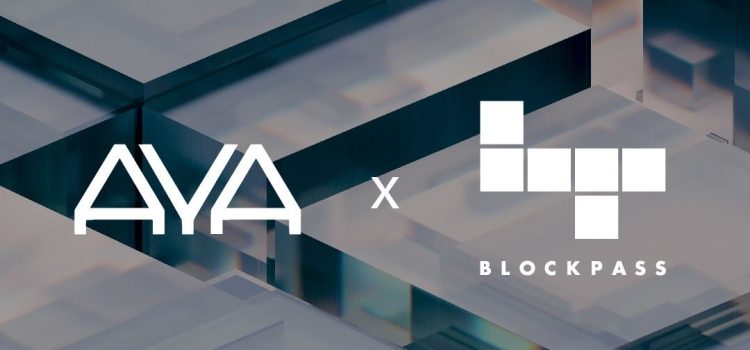Binance is and has blocked tens of thousands of suspicious cryptocurrency transactions in the UAE with many brokers and exchanges using Binance because of its significant liquidity pool, yet the crypto exchange is still facing regulatory scrutiny with Canada’s regulator recently fining Binance for non-compliance with the laws related to money laundering and terrorist financing.
This comes as Meera Judge, the Dubai-based director of regulatory licensing and policy at Binance speaking to Lara on the Block noted that while Binance is doing all it can to ensure utmost compliance, when it comes to exchanges working with Binance is up to them to ensure their own compliance.
By the end of February Binance had registered 178 million registered users, with $3 billion in net inflows between November 2023 and February 2024.
Lara on the Block asked Judge these questions after an interview with her appeared in AGBI magazine where she unveiled that Binance has blocked tens of thousands of suspicious crypto transaction in the UAE.
Judge told Lara on the Block, “Binance continues to go above and beyond industry standards to detect bad actors through proactive measures and collaboration with private and public entities. Binance takes any use of its platform to facilitate “illicit” activity very seriously. It has invested substantial resources in talent and tools to reduce this exposure even further, making Binance an industry leader in this respect.”
She adds, “We have worked hard to build a robust compliance program that incorporates anti-money laundering principles and tools used by financial institutions to detect and address suspicious activity. We proactively block users from sanctioned regions and do this through KYC and a variety of KYC/AML tools and vendors including, but not limited to, Jumio, Onfido, WorldCheck, Elliptic, and CipherTrace.
As Judge explains, their due diligence process includes screening users against extensive database via Refinitiv World-Check that contains major sanctions and terrorism lists. She adds, “This is done on an ongoing basis to ensure that we keep bad actors out of our platform.”
Binance is utilizing a team of 500 compliance officials worldwide, with 100 of them dedicated to transaction monitoring.
Judge believes that Binance’s operational stability is critical to the stability of the broader market, stating that Binance is the largest exchange in the world and is considered a systemically important financial infrastructure.
This however according to Judge doesn’t mean that Binance is responsible for the compliance of other crypto exchanges. She tells Lara on the Block, “Binance’s liquidity pool is significant, so many other broker-dealers and exchanges tend to use us, which is why we face additional scrutiny. Given that Binance’s liquidity pool is significant it is used by other broker-dealers and exchanges however it’s up to them to ensure their own compliance. Binance goes above and beyond industry standards, and we encourage others in the industry to endeavor to do the same.”
Binance has over the past years increased its efforts towards compliance especially as it works to gain regulatory status in several countries. It recently was awarded a regulatory license in the UAE. Earlier this year, Binance noted that it increased year-over-year spending on compliance from $158 million to $213 million, purchasing a raft of new software systems to block and report suspicious transactions. Binance also decided to bring back executive Steve Christie as its deputy chief compliance officer.
Despite all this, On Thursday May 9th 2024, Canada’s financial crime watchdog levied a fine equivalent to $4.38 million against Binance for compliance failings. The Financial Transactions and Reports Analysis Centre of Canada imposed an administrative penalty on Binance for non-compliance with the laws related to money laundering and terrorist financing.
The regulator, known as Fintrac, found administrative violations including a failure to register as a foreign money-services business and allegedly failing to report large virtual currency transactions of C$10,000 or more in the course of a single transaction, along with the prescribed information.
In 2023, Binance pleaded guilty to violating U.S. anti-money-laundering requirements and agreed to pay a $4.3 billion fine. The exchange also faces civil charges in a SEC lawsuit.
So while Binance has been trying to do so much to increase its compliance, and while Binance now holds a regulated license in the UAE blocking hundreds of thousands of suspicious crypto transactions, and as it announces its registration with the Indian Financial Intelligence Unit after the region banned the platform and over nine others in December 2023, it is still facing the heat in other countries across the globe.
Updated on May 13th 2024 with feedback from Binance


















